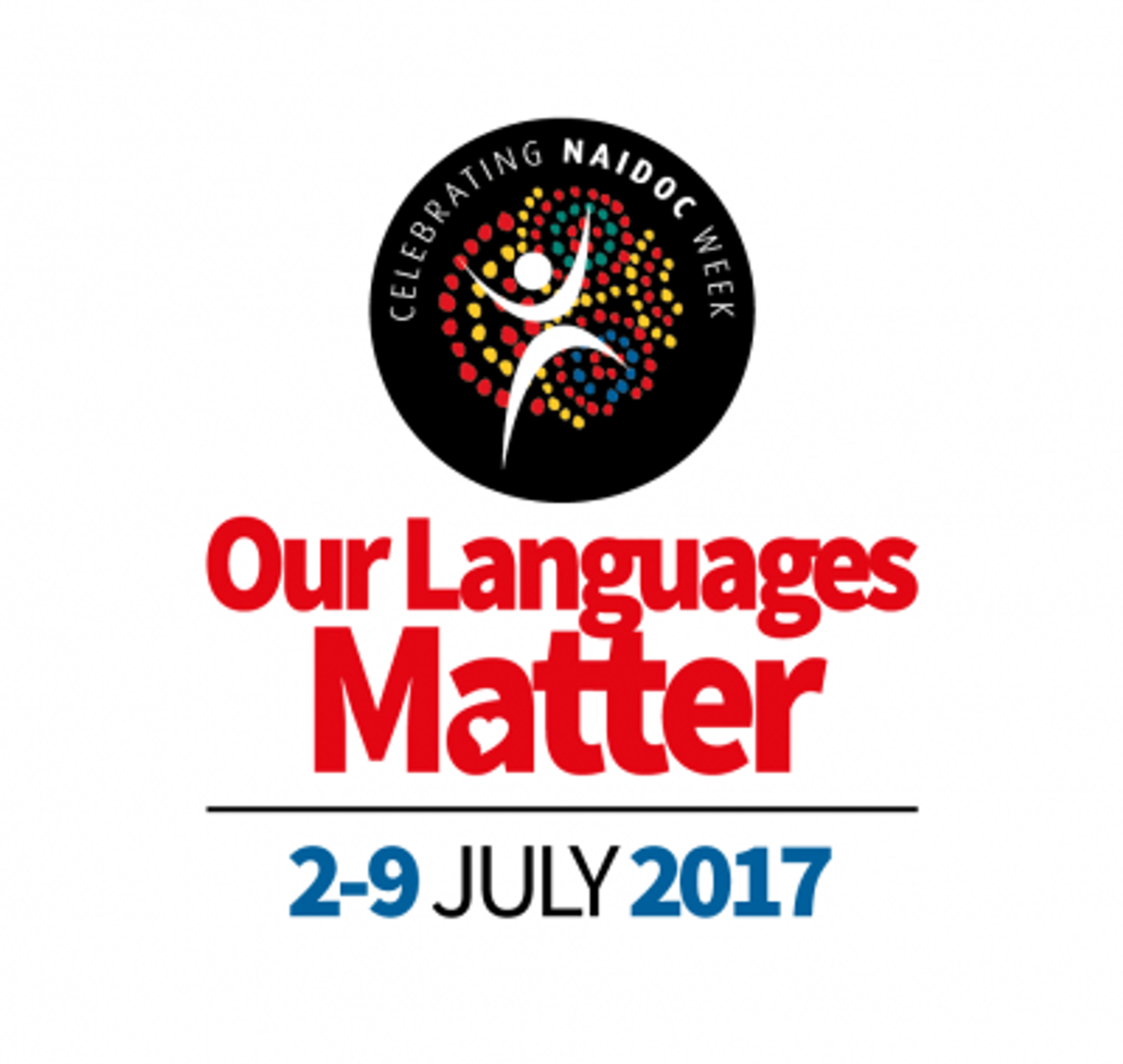Learning and Teaching

Intercultural Capability
Intercultural interactions have become a part of everyday life in our increasingly multicultural and globalised world. Developing intercultural knowledge, skills and understandings is an essential part of living with others in the diverse world of the twenty-first century. The Intercultural capability curriculum assists young people to become responsible local and global citizens, equipped for living and working together in an interconnected world.
Intercultural capability enables students to learn to value their own cultures, languages and beliefs, and those of others. Students learn about diverse cultures in ways that recognise commonalities and differences, create connections with others and cultivate mutual respect.
The Melbourne Declaration on Educational Goals for Young Australians recognises the fundamental role that education plays in building a society that is ‘cohesive and culturally diverse, and that values Australia’s Indigenous cultures’. The Intercultural capability curriculum addresses this role, developing students who are active and informed citizens with an appreciation of Australia’s social, cultural, linguistic and religious diversity, and the ability to relate to and communicate across cultures at local, regional and global levels.
Intercultural capability aims to develop knowledge, understandings and skills to enable students to:
- demonstrate an awareness of and respect for cultural diversity within the community
- reflect on how intercultural experiences influence attitudes, values and beliefs
- recognise the importance of acceptance and appreciation of cultural diversity for a cohesive community.
Learning in Intercultural Capability
The Intercultural capability curriculum focuses on learning about cultural understandings and practices. Students examine, reflect on and challenge assumptions, stereotypes and prejudices and explore how intercultural experiences can influence and change attitudes and beliefs.
Students apply their learning in intercultural capability to complex questions of the globalised world. Intercultural capability fosters skills that assist students to negotiate across barriers that may arise from differences.
Intercultural capability is strongly connected to those areas of learning concerned with people and their societies, relationships and interactions, including the Personal and Social capability knowledge and skills related to empathy, openness, respect and conflict resolution.
Foundation –Level 2
Cultural Practices
Identify what is familiar and what is different in the ways culturally diverse individuals and families live
Describe their experiences of intercultural encounters in which they have been involved
Cultural Diversity
Identify and discuss cultural diversity in the school and/or community
Imagine and explain what their responses might be if they were placed in a different cultural situation or setting
Levels 3-4
Cultural Practices
Compare their own and others cultural practices, showing how these may influence the ways people relate to each other
Describe what they have learnt about themselves and others from intercultural experiences including a critical perspective on and respect for their own and others cultures
Cultural Diversity
Explain the role of cultural traditions in the development of personal, group and national identities
Identify how understandings between culturally diverse groups can be encouraged and achieved
Levels 5-6
Cultural Practices
Analyse how aspects of their own and others lifestyle, behaviour, attitudes and beliefs can be culturally influenced
Explain how intercultural experiences can influence beliefs and behaviours, including developing a critical perspective on and respect for their own and others cultures
Cultural Diversity
Identify barriers to and means of reaching understandings within and between culturally diverse groups
Examine and discuss the variety of ways in which people understand and appreciate differing cultural values and perspectives, and the things which promote or inhibit effective engagement with diverse cultural groups
http://www.naidoc.org.au/2017-national-naidoc-theme

